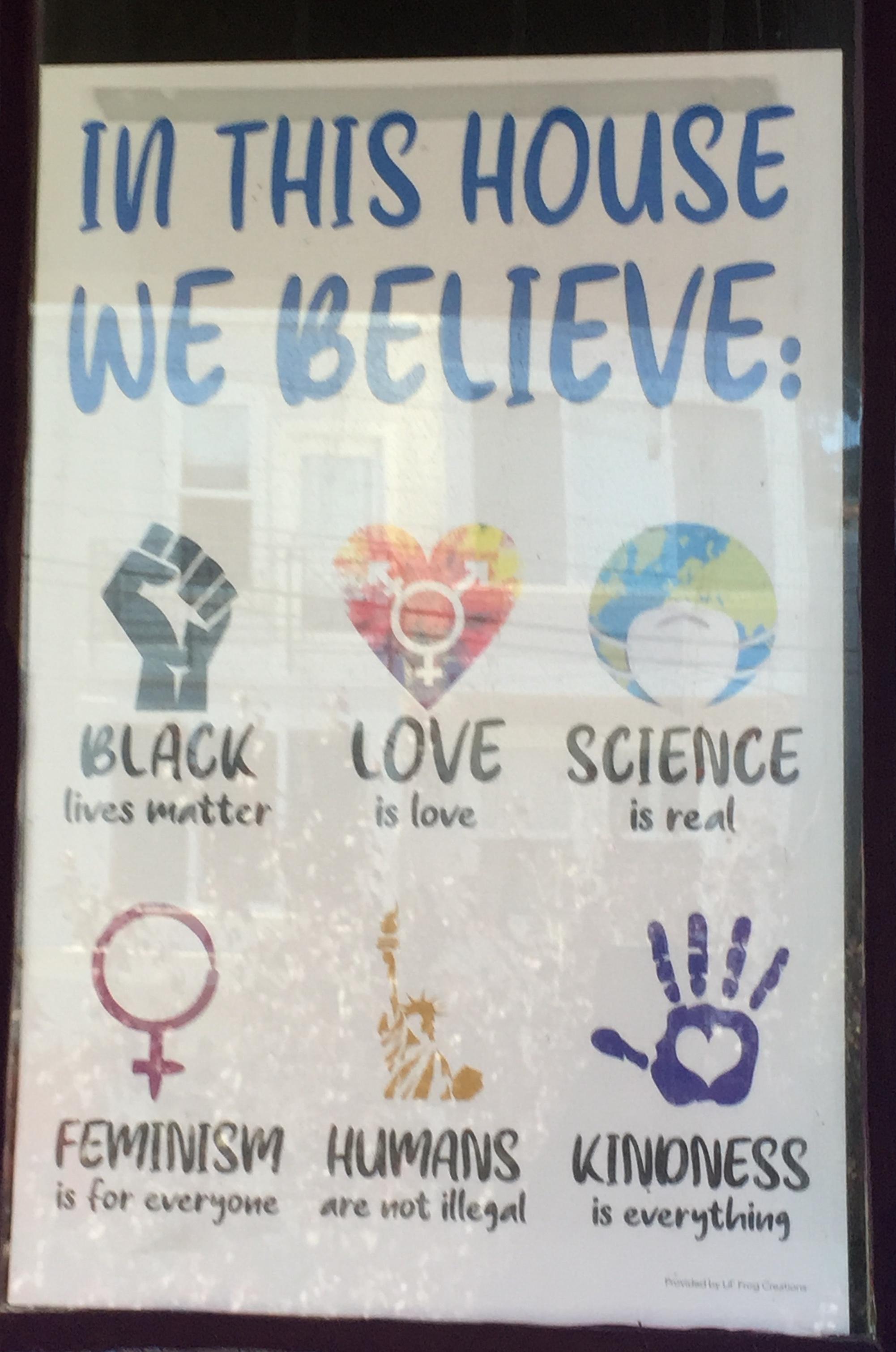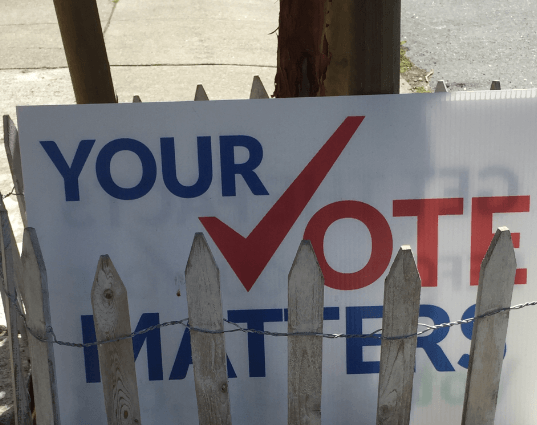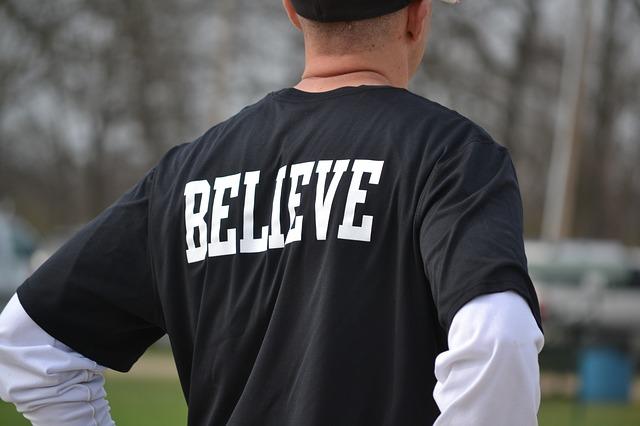Bottom Line: Philanthropy Culture Improves Fundraising
“Philanthropic culture is a key driver of fundraising performance.”
— Adrian Sargent, Institute for Sustainable Philanthropy
Is a culture of philanthropy just something that’s ‘nice’ to have? Does it simply make people feel good? Or might it actually affect your bottom line – making it ‘necessary?’
I know I’ve worked with organizations who looked at the notion of developing a philanthropy culture a bit like doing staff morale building or sensitivity training. It certainly sounds good, and who can argue with reports from pioneering organizations like the Walter and Evelyn Haas Jr. Fund (see Underdeveloped, Beyond Fundraising: What Does it Mean to Build a Culture of Philanthropy, and Fundraising Bright Spots) and Sea Change Strategies (see Inside-Out Fundraising) that embracing a culture of philanthropy (COP) will bring all sorts of benefits, including recruitment and retention of talent, stronger development plans and infrastructure, a better understanding of the board role in fundraising and a shared understanding of the importance of fundraising across functional siloes.
“As a sector, we need to elevate the importance of fund development as a leadership issue, invest in a stronger talent pool, and strengthen the ability of nonprofits to develop the systems that enable fundraising success.”
— Jeanne Bell, CEO of CompassPoint, co-author of Underdeveloped
“Generally, a culture of philanthropy is one in which everyone—board, staff and CEO—has a part to play in raising resources for the organization. It’s about relationships, not just money. It’s as much about keeping donors as acquiring new ones and seeing them as having more than just money to bring to the table. And it’s a culture in which fund development is a valued and mission aligned component of everything the organization does.”
— Cynthia Gibson, author, Beyond Fundraising
“Without tackling internal issues head-on, we believe the prospects for major fundraising progress are limited. In most organizations, fundraising is limited more by organizational culture and structure than by lack of strategic or tactical know-how.”
— Alia McKee and Mark Rovner, Founders, Sea Change Strategies
Despite the impressive research that’s been done showing the value of a philanthropic culture, too many nonprofits have simply assumed they had one by virtue of merely existing within the social benefit sector. Or even if they understood achieving a true COP took work, they just never moved this from the back burner to the front.
“Many charities are so wrapped up in the process of doing – delivering, raising income, adapting to the panoply of changing circumstances that can radically alter day to day activity – that establishing a truly philanthropic culture might not be high on the list of priorities.”
— Adrian Sargent, Institute for Sustainable Philanthropy


 Philanthropy comes from the Greek and means love (philos) of humankind (anthropos).
Philanthropy comes from the Greek and means love (philos) of humankind (anthropos).


 I recently listened in on a thoughtful webinar by Scot Lumpkin for
I recently listened in on a thoughtful webinar by Scot Lumpkin for 

 Can the act of philanthropy make people feel better?
Can the act of philanthropy make people feel better?
